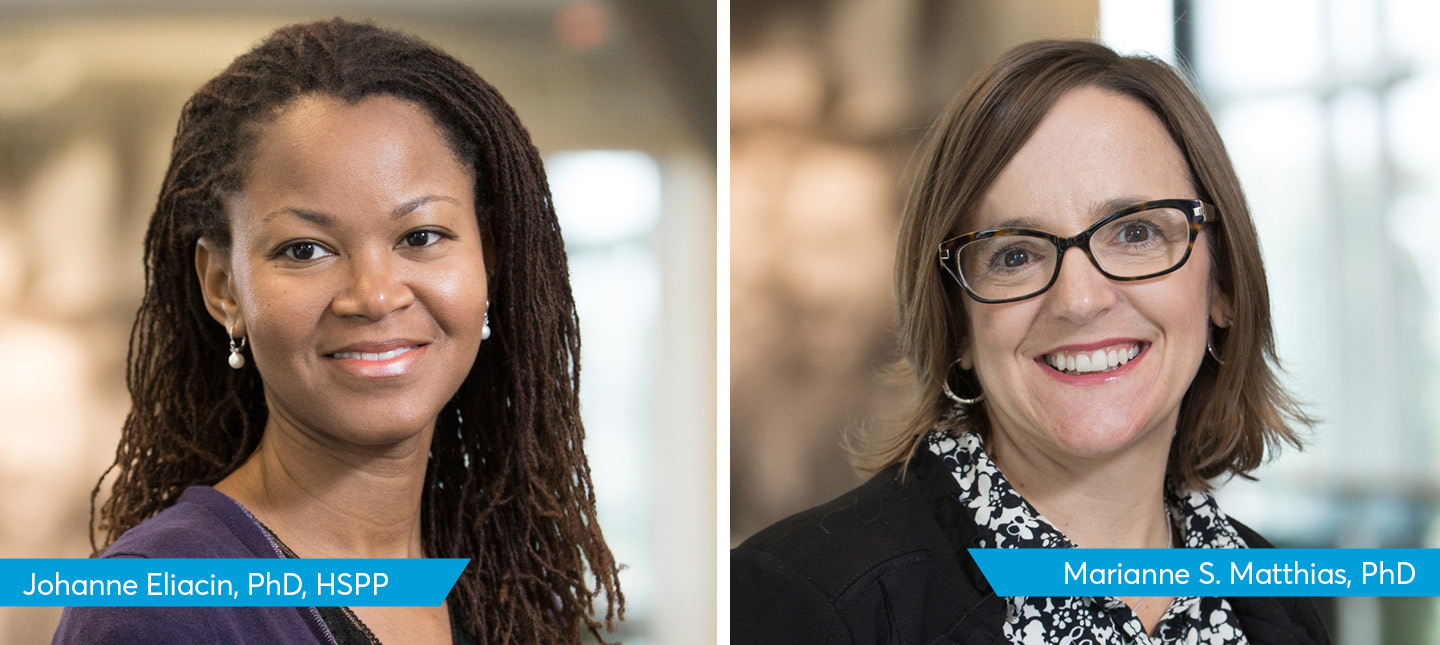As the COVID-19 pandemic continues to evolve, Indiana University students, staff, faculty and families are concerned about how to safely navigate potentially risky environments. Regenstrief Vice President of Faculty Development Aaron Carroll M.D., M.S., has helped ease concerns and increased public health awareness through his weekly webinar “Keeping IU Healthy — Ask Aaron.”
Dr. Carroll serves as the director for surveillance and mitigation on Indiana University’s COVID-19 response team. Each week, he hosts a live Q&A-style webinar for all Indiana University campuses, giving more than 94,000 students and 21,000 staff an opportunity to have questions answered by an expert. Some topics that have been covered include how to safely connect with others, staying healthy during flu season, and self-care and wellness tips.
Helped in part by these webinars, positivity rates across IU campuses are at 1.2%, which is below the rates in surrounding communities. “It’s almost impossible living in a state where there’s community spread, to drive rates down to zero,” says Dr. Carroll. “But if we can make it safer to be part of our community than not to be part of our community, that’s a really good thing.” Ask Aaron webinars are currently scheduled through the end of the calendar year.









